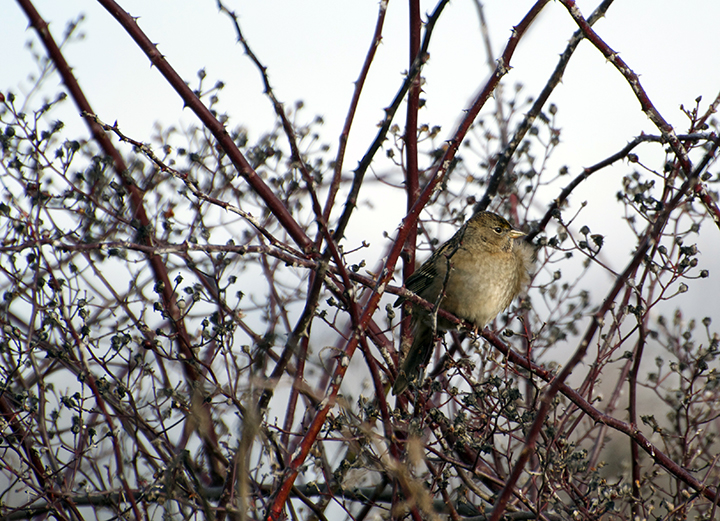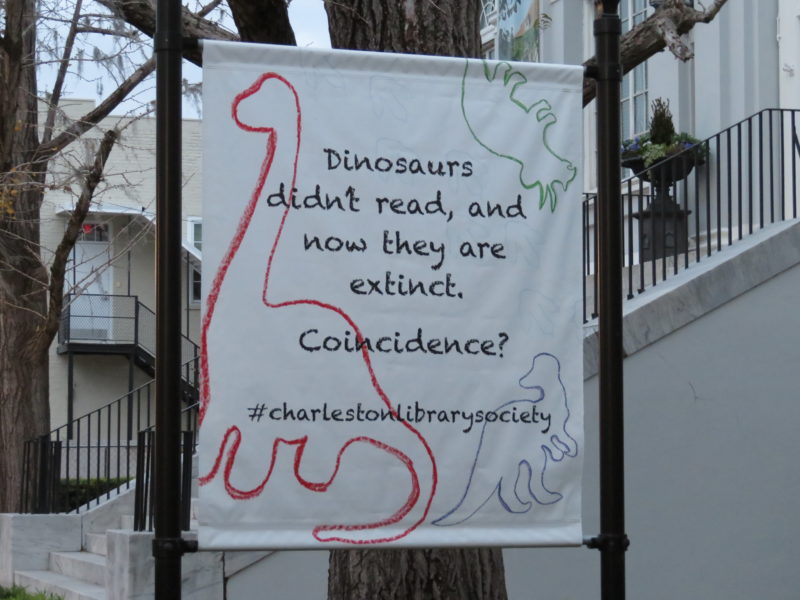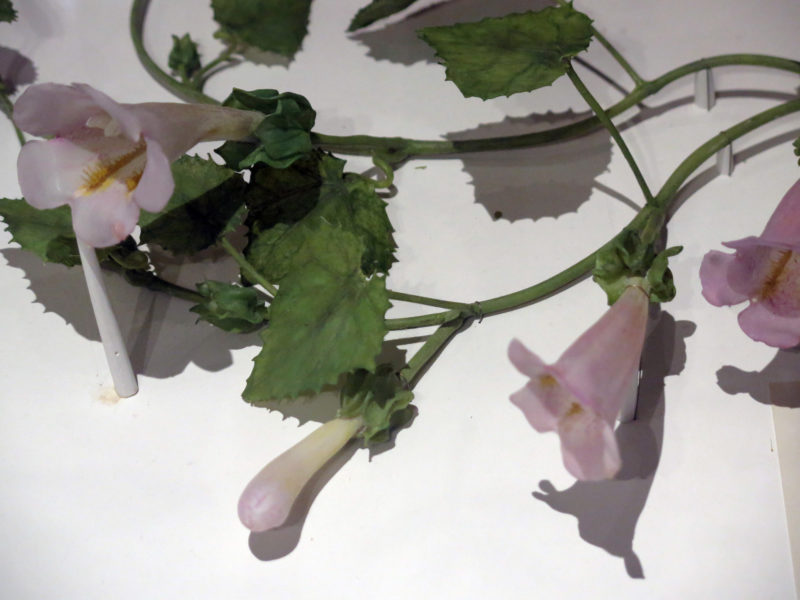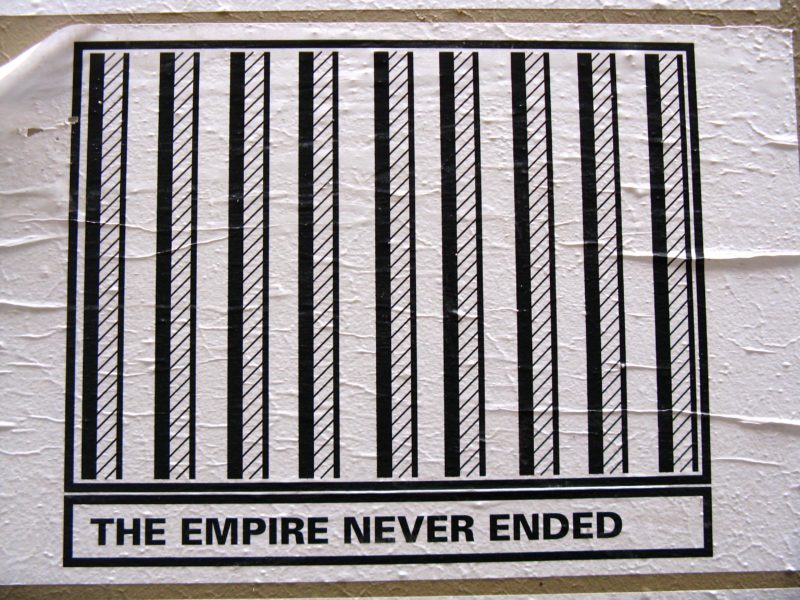… a shimmering mass of cornelian leaves, dripping and moist with the rain.
— Agnes Newton Keith, The Land Below the Wind, 1939
If you are like me you’ve never heard of these two color names before. Never, that is, unless you work in fashion design, own a cherry orchard, are a jeweler or a mineralogist.
Or, for that matter, peruse the Merraim-Webster dictionary, again the source for today’s words.
Carnelian refers to a reddish-orange or brownish-red color, like the colors often found in the quartz by that name. It is a variation of cornelian that is based on Latin carn-, meaning “flesh,” in reference to the flesh-red color that some perceive in the mineral. Cornelian itself is believed to derive from French cornele, the name for the cornel cherry, and so named because of its resemblance in color to the fruit. Both words often get used interchangeably to describe leaves in autumn.

I was thinking about all the weird color names that sound appealing and mysterious when applied to fall coloration. That, in turn, led to re-visit one of the more famous assumptions in the psychology of language, the Sapir – Whorfian Hypothesis.
More than a half-century ago, Whorf argued for a strong claim—that the language people speak has a lifelong impact, determining what people can or cannot think, what ideas they can or cannot consider. So, for example, if your language did not contain separate terms for green and blue, you could not tell the difference. There is an element of truth here, because language can and does shape cognition. But the strong form of the claim has long been debunked: the effects are NOT permanent, and it is not language per se, but your experience (mediated by language) that shapes thought.

——————————————————
Experience is accumulated by what you pay attention to, and here language is one of the guides directing your attention, but only one. In other words, rather than uniquely and directly shaping thought in ways that can never be reversed, language indirectly pulls your attention towards things. If I manage to manipulate your attention in other ways, the outcome can and will be different.

————————————————————
Color is often used as an example. Papua New Guineans who speak Berinmo make no distinction between “green” and “blue,”and so are never attending to them as separate categories. If you’re an English speaker, your language does make this distinction, and this can draw your attention to what all green objects have in common and what all blue objects have in common. If your attention is drawn to this point again and again, you’ll gain familiarity with the distinction and eventually become better at making the distinction in contrast to Berinmo speakers.

————————————————————————-
If you test both groups in a way that excludes direct language, though, they are much alike in their perception of the central distinctions between green and blue. We English speakers are only better at picking out small differences and remember them, given out years of experiences with grouping them into separate categories. If I inundated you from now on with carnelian, cornelian, crimson and carmine, auburn, maroon, russet, amber, scarlet, sepia and gamboge, guess what? You’ll get better at distinguishing them.
Will it shape you assessment of the beauty of fall? You tell me!

Before becoming a color name, maroon referred to a loud firework. Supposedly, people associated the noise of a chestnut bursting in a fire to an exploding firework. Most notably, maroons were used during World War I as a warning to take cover because of an approaching air raid.
———————————————————————-
PS: You’ve heard the claim that the native peoples of the far north (including the Inuit) have an enormous number of terms for various forms of snow and are correspondingly skilled in discriminating types of snow. It turns out, though, that the initial claim (the number of terms for snow) is wrong; the Inuit have roughly the same number of snow terms as do people living further south. In addition, if the Inuit people are more skilled in discriminating snow types, is this because of the language that they speak? Or is it because their day-to-day lives require that they stay alert to the differences among snow types? (After Roberson, Davies, & Davidoff, 2000)

————————————————————————
PPS: for those interested, here is a fascinating summary of the effects of types of language (strongly gendered or gender-neutral) on creating more or less gendered societies and what that implies for legislation around language use. In German, for example every noun has one of three gender terms attached to it and things are judged correspondingly male, female or neutral. For example the word “key” is masculine in German and feminine in Spanish. The respective speakers attend to very different attributes, correspondingly. Strong and hard comes to mind first for Germans, small and pretty for Spanish speakers.
https://www.scientificamerican.com/article/does-your-language-influence-how-you-think/)
Music today is a golden brown according to Rimsky-Korsakov who described the key of D major as that color.
Or shall it be purplish-red as Scriabin described the key of E flat major?






















































































